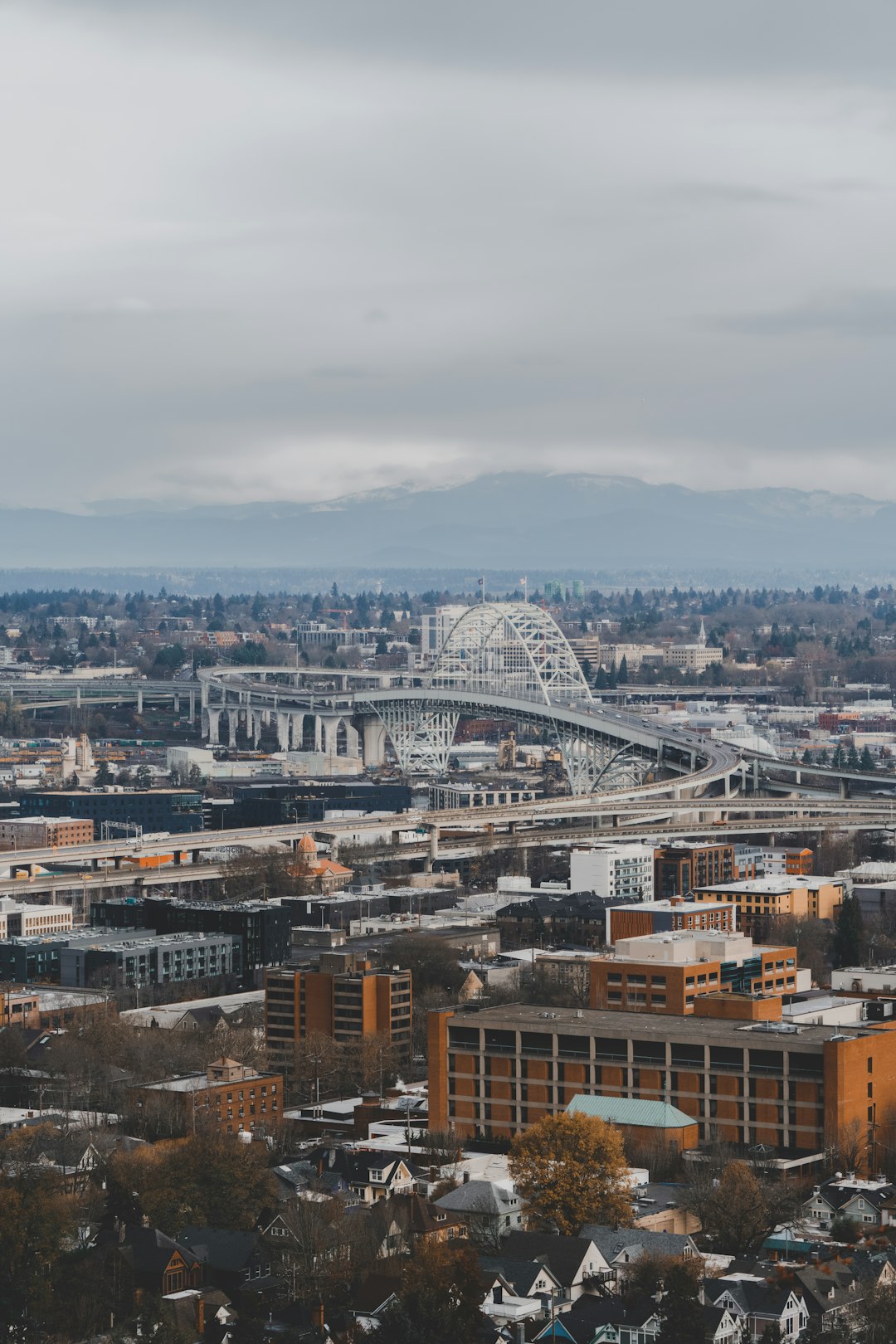In Oregon, clergy abuse litigation deals with legal actions against religious leaders or organizations for misconduct in a clerical role. Clergy abuse attorneys specialize in this complex field, bridging general civil litigation and religious entity regulations to protect victims of sexual misconduct, emotional abuse, and financial exploitation within religious communities. They provide expertise in evidence collection, depositions, and negotiations, guiding clients towards favorable outcomes while navigating strict time limits for filing lawsuits. These attorneys support individuals affected by trauma, helping them heal and rebuild their lives after clergy abuse. For assistance, contact specialized clergy abuse attorneys Oregon.
“In Oregon, where religious freedom is deeply revered, it’s crucial to have legal advocates who understand the unique complexities of clergy abuse cases. This article delves into the world of clergy abuse litigation, focusing on Oregon’s legal landscape and the vital role played by specialized lawyers.
We explore the expertise of clergy abuse attorneys, their strategies, and the steps victims should take. If you’ve been affected, understanding your rights is essential. Discover how these attorneys navigate a sensitive process, ensuring justice and support for those who have suffered.”
Understanding Clergy Abuse Litigation in Oregon: A Legal Perspective

In Oregon, clergy abuse litigation involves legal actions taken against religious leaders or organizations for misconduct or abuse committed while in a clerical role. This type of litigation is complex due to the sensitive nature of the cases and unique legal considerations specific to religious institutions. Clergy abuse attorneys in Oregon play a crucial role in navigating these complexities. They must understand both general civil litigation procedures and the particular rules and regulations governing religious entities.
These lawyers specialize in helping victims of clerical abuse seek justice and accountability. They handle various types of cases, including sexual misconduct, emotional abuse, and financial exploitation within religious communities. By leveraging Oregon’s legal framework, clergy abuse attorneys work to ensure that victims’ rights are protected and that institutions are held responsible for their actions. They provide expertise in areas such as evidence collection, depositions, and negotiations, ultimately guiding clients through the legal process toward favorable outcomes.
Who Are Clergy Abuse Attorneys and What Do They Do?

Clergy abuse attorneys in Oregon specialize in handling legal cases involving allegations of misconduct or harassment by religious leaders and institutions. They are advocates for individuals who have suffered trauma, emotional distress, or financial harm due to clergy abuse. These attorneys play a crucial role in navigating complex legal systems and ensuring that victims’ rights are protected.
Their work typically involves investigating and gathering evidence, interviewing witnesses, and consulting with experts. They file lawsuits against the abusers and responsible organizations, seeking justice for their clients. Clergy abuse attorneys Oregon also provide support and guidance to help survivors heal and rebuild their lives after experiencing such traumatic events within their communities of faith.
Navigating the Process: Steps to Take If You've Been Affected by Clergy Abuse in Oregon

If you’ve been affected by clergy abuse in Oregon, navigating the legal process can seem daunting. The first step is to reach out to a specialized clergy abuse attorneys Oregon who understands the complexities and sensitivities of such cases. They will help you understand your rights and guide you through each stage. This often involves gathering evidence, interviewing witnesses, and thoroughly reviewing relevant documents.
It’s crucial to act promptly as there are time limits for filing lawsuits related to clergy abuse. Your lawyer will explain these deadlines and ensure that all necessary steps are taken to protect your legal standing. They’ll represent you in negotiations with institutions or individuals responsible, aiming for a just resolution. If settlement isn’t achievable, they’ll prepare for and represent you at trial.






